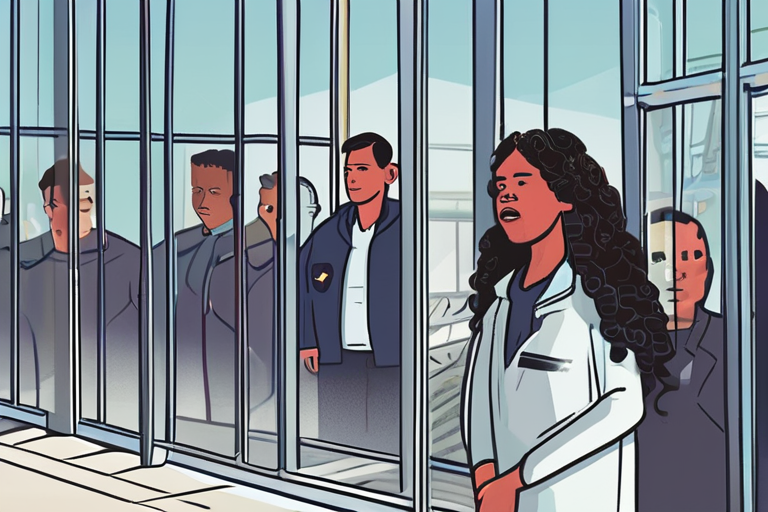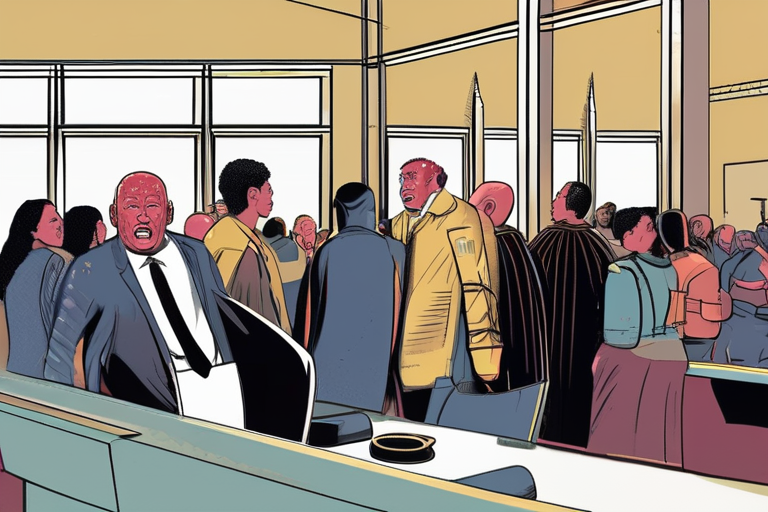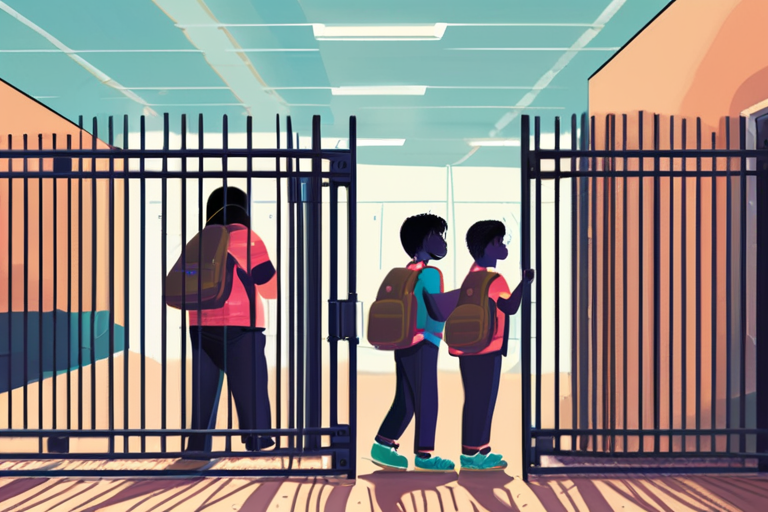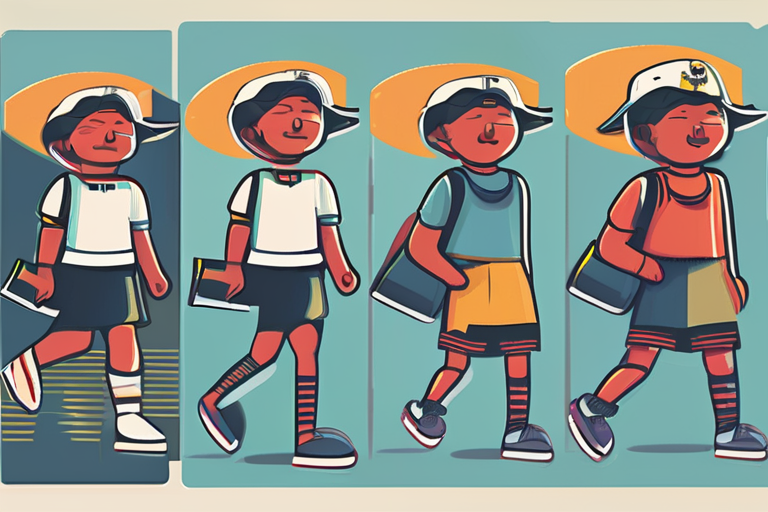

Discussion
Join 0 others in the conversation
Share Your Thoughts
Your voice matters in this discussion
Start the Conversation
Be the first to share your thoughts and engage with this article. Your perspective matters!
More Stories
Discover articles from our community

Trump Administration Unleashes $75 Billion Deportation Drive Amid Global Backlash
 Hoppi
Hoppi

Trump's Deportation Campaign Ignites Escalating Tensions at ICE
 Hoppi
Hoppi

ICE Offers $2,500 to Unaccompanied Immigrant Children to Leave US Voluntarily
 Hoppi
Hoppi

ICE Unleashes Aggressive Deportation Tactics Amid Trump's Mass Removal Plan
 Hoppi
Hoppi

ICE Offers $2,500 Deportation Payment to Unaccompanied Immigrant Children
 Hoppi
Hoppi

Democrats Urge Trump to Reveal Scope of Global Deportation Plan
 Hoppi
Hoppi

Trump Administration Unleashes $75 Billion Deportation Drive Amid Global Backlash
Trump's Immigration Police State Expands at Alarming Rate In a move that has sparked widespread concern among human rights advocates …

Hoppi

Trump's Deportation Campaign Ignites Escalating Tensions at ICE
The Next Big Debate Democrats Can't Dodge: What to Do About ICE A recent pattern of escalating tension and violence …

Hoppi

ICE Offers $2,500 to Unaccompanied Immigrant Children to Leave US Voluntarily
ICE Targets Unaccompanied Immigrant Children with $2,500 Deportation Payment In a move sparking outrage among immigration advocates, U.S. Immigration and …

Hoppi

ICE Unleashes Aggressive Deportation Tactics Amid Trump's Mass Removal Plan
Trump Administration's Deportation Plan: ICE's Aggressive Tactics Raise Concerns The Trump administration's plan to deport millions of people over the …

Hoppi

ICE Offers $2,500 Deportation Payment to Unaccompanied Immigrant Children
ICE Targets Unaccompanied Immigrant Children with Deportation Payment In a move that has sparked outrage among immigration rights advocates, U.S. …

Hoppi

Democrats Urge Trump to Reveal Scope of Global Deportation Plan
Democrats Demand Answers on Third-Country Deportations Amid Global Concerns WASHINGTON - More than 60 Democratic legislators have sent a letter …

Hoppi
